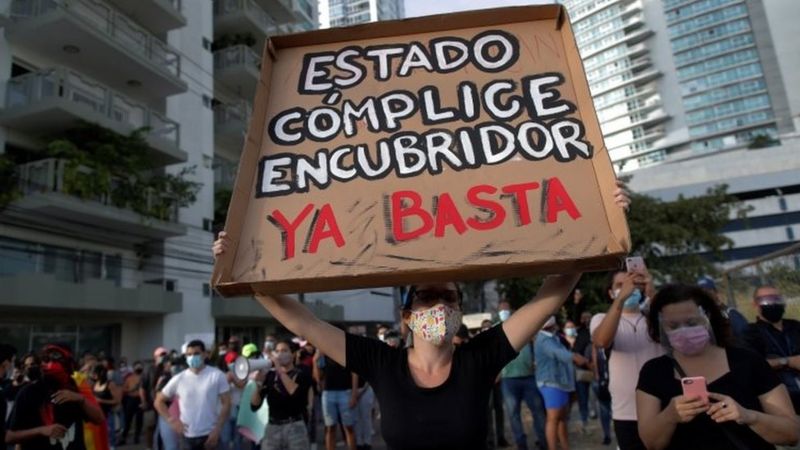The abuse of minors in Panamanian shelters

It has been 14 days since the National Assembly approved the summoning of heads of Mides and Senniaf to respond to the abuse of minors living in shelters in Panama.
The report, which sparked protests in Panama, speaks to dozens of cases of sexual, physical, and psychological abuse against minors in shelters occurring from at least 2015. It describes the "subhuman" living conditions in some shelters supervised by the State. (BBC, Their lives were stolen).
In response, Panamanian president, Laurentino Cortizo, called for "drastic sanctions." Stating, that:
"the perpetrators responsible for crimes committed against the girls and boys must be punished with the maximum rigor of the law and without contemplation."
Despite this response, a date has still not been set for the heads of the institutions in charge of overseeing the operations of these shelters to be questioned.
According to an article published March 2, 2020, in La Prensa "PRD blocks the appearance of heads of Mides and Senniaf", the reason that there is no date for the appearance, is that "the Democratic Revolutionary Party (PRD) has agreed to lower the profile of the issue".
Last Thursday, the independent Juan Diego Vásquez raised the first alarm about an agreement, between the Executive branch and the PRD bench to stop talking about the issue of shelters. Vásquez explained to La Prensa,
"They decided to stop talking because there were a lot of people involved, and the theme of state money financing the shelters."
"The shelters were only a way to get money so that people could use it for another purpose" he continued.
Vásquez stated that the Mides minister and the Senniaf director owe an explanation to the country.
“We as an Assembly do not have to cover up for anyone. The CD bench asks this Assembly to immediately set a date. We are not going to be complicit in covering up what is behind these shelters, ” he concluded.
The ruling PRD, with its 35 deputies, has control of the Legislative.
According to the EFE agency, there are 50 state-run shelters throughout the country, with a population of about 1,200 youth living in them
"What they now have is no life. Our vulnerable children went from having a life at risk to having their lives and innocence stolen from them. If anything was left of them, they were killed and mutilated within spaces that should have guaranteed their safety. and they did not. There can be no life there."- Samirah Armengol,
president of the International Coalition of Women and Families (CIMUF) of Panama.
